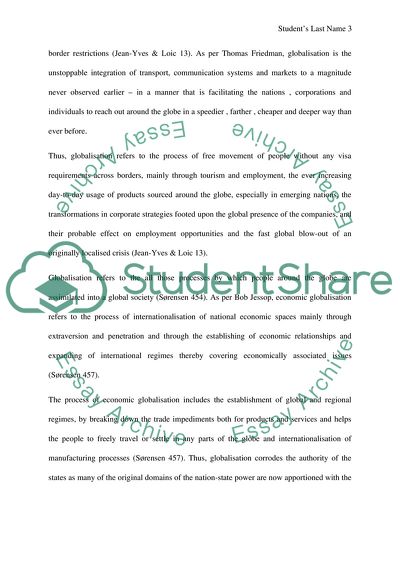Cite this document
(Globalisation and International Political Economy Coursework Example | Topics and Well Written Essays - 3000 words, n.d.)
Globalisation and International Political Economy Coursework Example | Topics and Well Written Essays - 3000 words. https://studentshare.org/politics/1863181-what-is-globalisation-why-is-it-such-a-contested-concept-globalisation-and-international-political-economy
Globalisation and International Political Economy Coursework Example | Topics and Well Written Essays - 3000 words. https://studentshare.org/politics/1863181-what-is-globalisation-why-is-it-such-a-contested-concept-globalisation-and-international-political-economy
(Globalisation and International Political Economy Coursework Example | Topics and Well Written Essays - 3000 Words)
Globalisation and International Political Economy Coursework Example | Topics and Well Written Essays - 3000 Words. https://studentshare.org/politics/1863181-what-is-globalisation-why-is-it-such-a-contested-concept-globalisation-and-international-political-economy.
Globalisation and International Political Economy Coursework Example | Topics and Well Written Essays - 3000 Words. https://studentshare.org/politics/1863181-what-is-globalisation-why-is-it-such-a-contested-concept-globalisation-and-international-political-economy.
“Globalisation and International Political Economy Coursework Example | Topics and Well Written Essays - 3000 Words”. https://studentshare.org/politics/1863181-what-is-globalisation-why-is-it-such-a-contested-concept-globalisation-and-international-political-economy.


